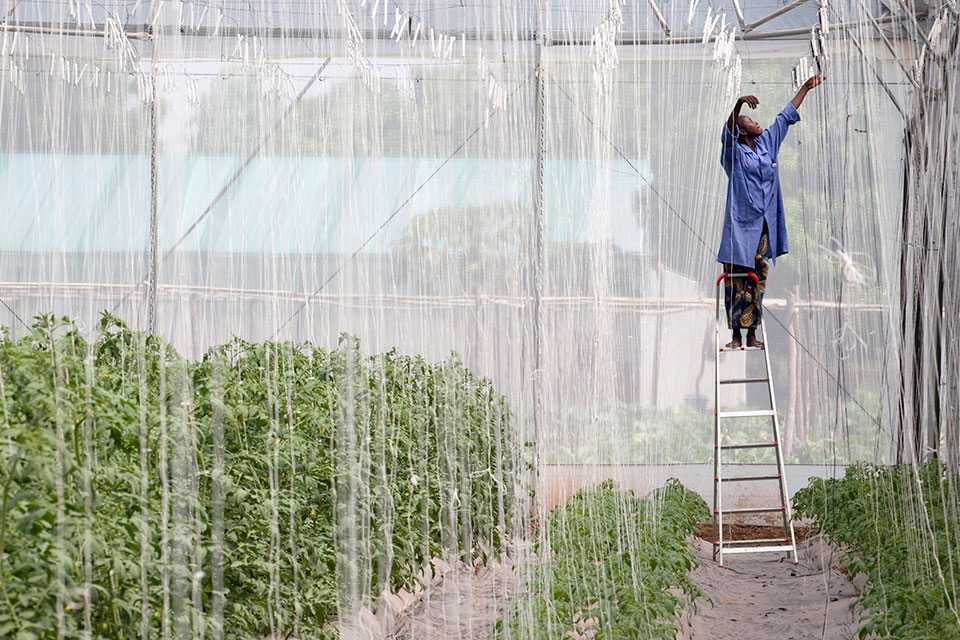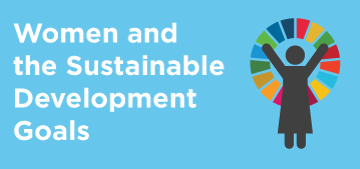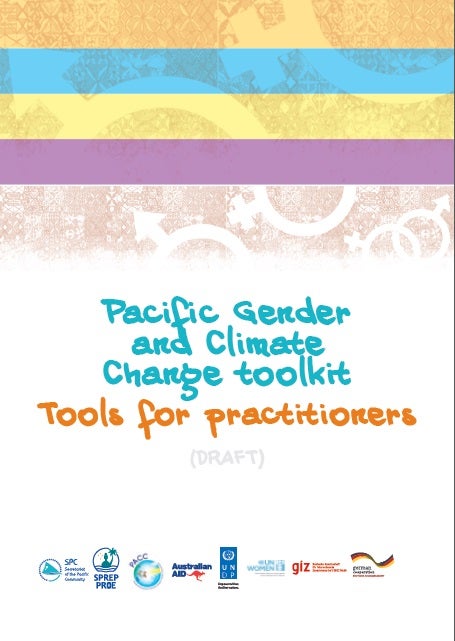Climate change and the environment
Climate change is making our world more dangerous. Catastrophic storms, of increased frequency and strength, are destroying lives, vital infrastructures, homes, and businesses. Severe droughts are stifling rural livelihoods. Sea level rise puts low-lying areas and island nations at risk. Ecosystems are being fragmented or eliminated, and many species are in decline or pushed to extinction. These trends have serious implications on food security, livelihoods, health, clean water, energy, medicines, and other ecosystems services.
A changing climate affects everyone, but it is the world’s poorest and those in vulnerable situations who bear the brunt of environmental, economic social and security shocks. Often, women and girls are the last to eat or be rescued, they face greater health and safety risks as water and sanitation systems become compromised, and they take on increased domestic and care work as resources dwindle.
Through their experiences as early adopters of many new agricultural techniques, first responders in crises, entrepreneurs of green energy, and decision-makers at home, women offer valuable insights and solutions into better managing the climate and its risks. Yet, their contribution is often overlooked in humanitarian and climate action, their practical needs forgotten. Building a sustainable future entails harnessing the knowledge, skills, and leadership of women in climate action.
To ensure that gender equality and women’s empowerment are reflected in global efforts to secure a more sustainable planet, UN Women works for women’s active participation, as well as for attention to gender issues and the inclusion of gender-specific mandates across negotiated outcomes and agreements in the context of the three United Nations Conventions on climate change, desertification, and biodiversity, and other multilateral environmental instruments. UN Women prepares research and technical papers to inform deliberations of Parties, convenes meetings with governments and other stakeholders, and supports the participation of gender equality advocates in key gatherings.
Latest news
In Focus: Women and climate change
A changing climate affects everyone, but it’s the world’s poorest and those in vulnerable situations, especially women and girls, who bear the brunt of environmental, economic and social shocks. Often, women and girls are the last to eat or be rescued; they face greater health and safety risks as water and sanitation systems become compromised; and they take on increased domestic and care work as resources dwindle.Read more
Featured Publication
-
Pacific Gender and Climate Change Toolkit
This toolkit is designed to support climate change practitioners in the Pacific islands region to integrate gender into their programmes and projects. It is aimed at climate change professionals working in national governments, non-governmental organisations, regional and international organisations who are involved in managing and implementing climate change programmes. More


